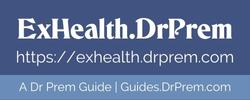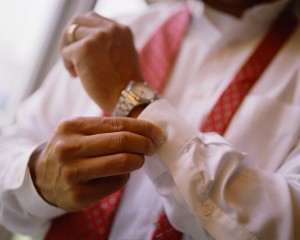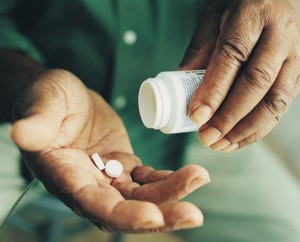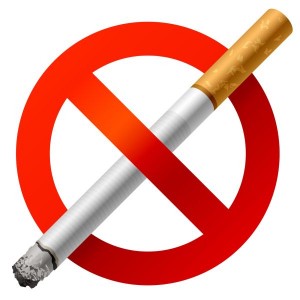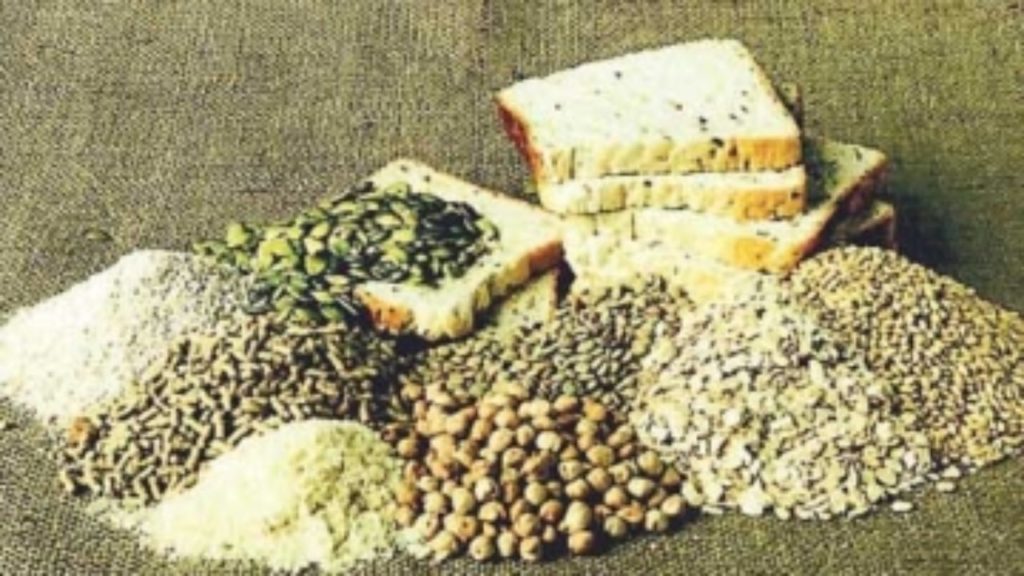Your heart works 24 hours a day pumping blood to the body. More than 1 million people in the U. S. have a heart attack every year. However, the good news is that with the advancement of medicine and good care, more and more people are surviving heart attack and leading healthy active life after that. If you take proper care, and make relevant lifestyle changes, damaged heart muscles rejuvenate and become strong once more. When you return home after a heart attack, you might feel weak and tired for a few days. Initially there is a lot of anxiety about what to do and what not to do. Stick with the program and instructions provided to you by your cardiologist.
How to heal your heart
- Initially, take it easy. Do not over strain yourself. Spread your activities throughout the day. Take care of your personal hygiene. Take bath, shave, and get dressed every morning. Do not stay in bed all day unless so advised by your doctor.
- Take a light walk everyday as prescribed by your doctor. Daily activity will help you in having positive feelings about yourself. When you feel stronger, you can start light household chores such as folding clothes, cooking, or dusting. Do not lift, push or pull heavy objects, till allowed by your cardiologist. You can resume vigorous activities after your cardiologist advises you.
- Take a good night’s sleep. Do not nap too much during the day, or else you will not be able to sleep at night. Healthy sleeping habits help the body to rejuvenate itself.
- Stay relaxed. Resume your hobbies, which do not require too much physical exertion. Resume social activities. Stay in touch with friends. Share your feelings and apprehensions with them. Sharing your problems and apprehensions will make you feel light and stress free. Social visits will also lift your spirits.
- Take a light and healthy diet. Eat more vegetables, fruits, whole grains, legumes and limit dietary cholesterol. Though you might be tempted to have fat and calorie rich food but remember that healthy diet is very important to prevent future complications of heart disease. Follow a low-fat, low-cholesterol diet plan. If your cholesterol remains high even after that, take medicine (on advice of doctor) to control cholesterol levels.
- Take your medicines regularly. See your doctor for regular heart check ups. Review your medicines with your doctor regularly. If you have any questions or doubts, feel free to ask your doctor. It helps to note down all your queries and doubts before visiting the doctor, so that you do not miss anything. Get your lipid profile, blood pressure, and sugar level checked, and also undergo other diagnostic tests prescribed by cardiologist at regular intervals.
- Follow a regular exercise plan to manage your weight, control diabetes, reduce stress, and maintain your energy level. Exercises help in uplifting the mood and induce a feel good factor. Take advice of your doctor before starting an exercise regimen.
- Learn time management, anger management, and relaxation skills to control your stress and anger. Stress and anger are found to be linked to increased coronary artery disease. Learn yoga and meditation to reduce your stress level.
- Stop smoking as it is directly related to increased risk of heart attack. Kick this habit as soon as possible. Take help of rehabilitation center if required.
- Make good life choices. Healthy diet and an exercise regimen will help you in dealing with stress and other health problems. Apart from that also take a look at conflicts and sources of stress in your life and try to deal with them with a positive attitude. Devote some time and energy in dealing with negativities around you and bring a positive change in your life.
- If you have discomfort or pain in the chest, jaw, shoulder, or arms, gets emergency help. Stop your activity at once, and take rest till the help comes. If you have nitroglycerine, place 1 tablet under your tongue. If you have symptoms of angina, seek medical treatment without delay.
